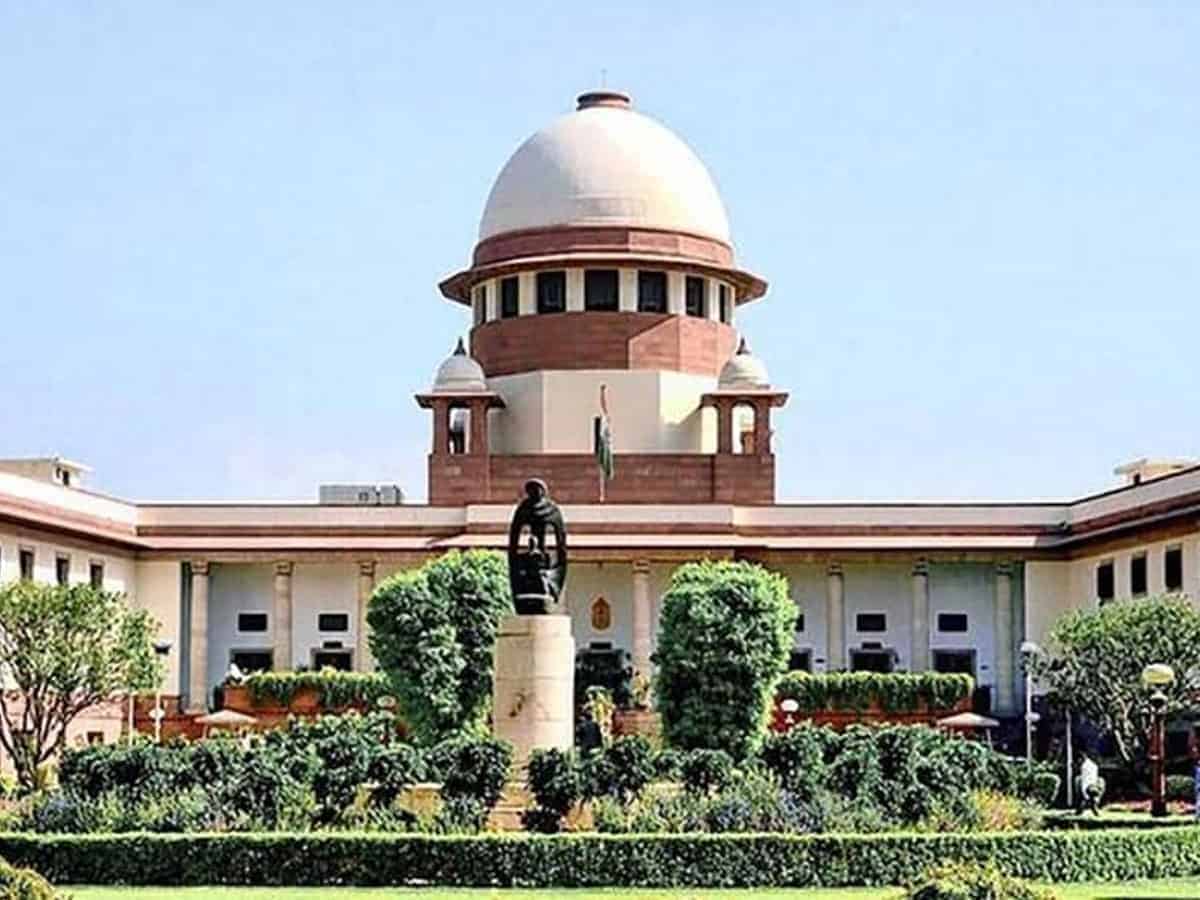
The government of Karnataka has told the Supreme Court that reservation for Muslims solely on the basis of religion is unconstitutional as it goes against the mandate of Articles 14, 15 and 16 of the Constitution of India and principles of social justice and secularism.
SC is currently hearing a petition submitted by the locus of Muslim body Anjuman-E-Islam and Ghulam Rasool challenging the decision by the Karnataka government to remove Muslims from the OBC category.
In response to the petition, the state government of Karnataka submitted an affidavit pleading the decades-old four percent quota allocated to Muslims to be distributed equally among Vokkaliga and Lingayat communities.
“The backward classes have been referred to as a ‘collection of certain castes’ by Dr BR Ambedkar. The whole point being there were socially and educationally backward classes in society who have been historically deprived and discriminated against. The same cannot be equated with an entire religion,” read their affidavit.
Karnataka government told the Supreme Court that they have taken affirmative action to address the social and economic backwardness through conscious governance initiatives and they have allowed Muslim communities who were found to be backward and mentioned in Group I of the 2002 reservation order to continue to opt for the benefits of their reservation.
“The initial inclusion of the Muslim community into the category of other backward classes in 1979 was contrary to the recommendations of the first backward class commission headed by Shri LG Havanur. The said inclusion has thereafter been continued subsequently primarily on the ground of economic backwardness. It is pertinent to state that the constitutional scheme at that stage did not contemplate reservations to economically weaker sections,” the affidavit states.
“Grant of reservations in a state and redistribution thereof is purely an executive function dependent on the ground realities. The issue with regards to which group should be treated as a backward class and what benefits should be available to them is the constitutional duty of every state,” they added in their affidavit.
The state argued that it is not denuded of the power to take a decision in accordance with law irrespective of commissions recommending the inclusion of Muslims as Backward castes.
Challenging the petition, the state further said that the exercise of power to provide for reservations emanates from Articles 15 and 16 can be done by executive instructions which amounts to Law within the meaning of Article 13 of the Constitution of India.
“Merely because reservations have been provided in the past on the basis of religion, the same is no ground for continuing the same for perpetuity, more so when the same is on the basis of an unconstitutional principle,” read their affidavit.
Background
Union Home Minister Amit Shah on Tuesday defended the BJP government’s decision in Karnataka of scrapping the four percent quota for Muslims saying that the party never believed in religion-based reservation’.
“There was a religion-based reservation of four percent for Muslims. Without falling for the vote bank politics, the BJP government abolished the Muslim reservation,” he said addressing a public meeting at Terdal in this district.
“We believe that religion-based reservation should not happen,” Shah opined.
The minister added that after abolishing Muslim reservation, the BJP government increased the reservation for the Scheduled Castes, Scheduled Tribes, Vokkaligas and Lingayats.
